What is the difference between product and product? Opinions of managers of Yandex services
With the growth of the service, it is almost always necessary to paint the roles in the team in more detail. When all participants in the process understand each other’s specialization, they immediately see who should be asked what questions and what competences they lack for development.
Therefore, if a small service needs just a manager, then the larger ones feature two roles: a product manager and a project manager. In the slang of technology companies, consisting entirely of Anglicisms, they say differently - product and project manager. It can be the same person - just as a developer can deal with front-end and backend at the same time.
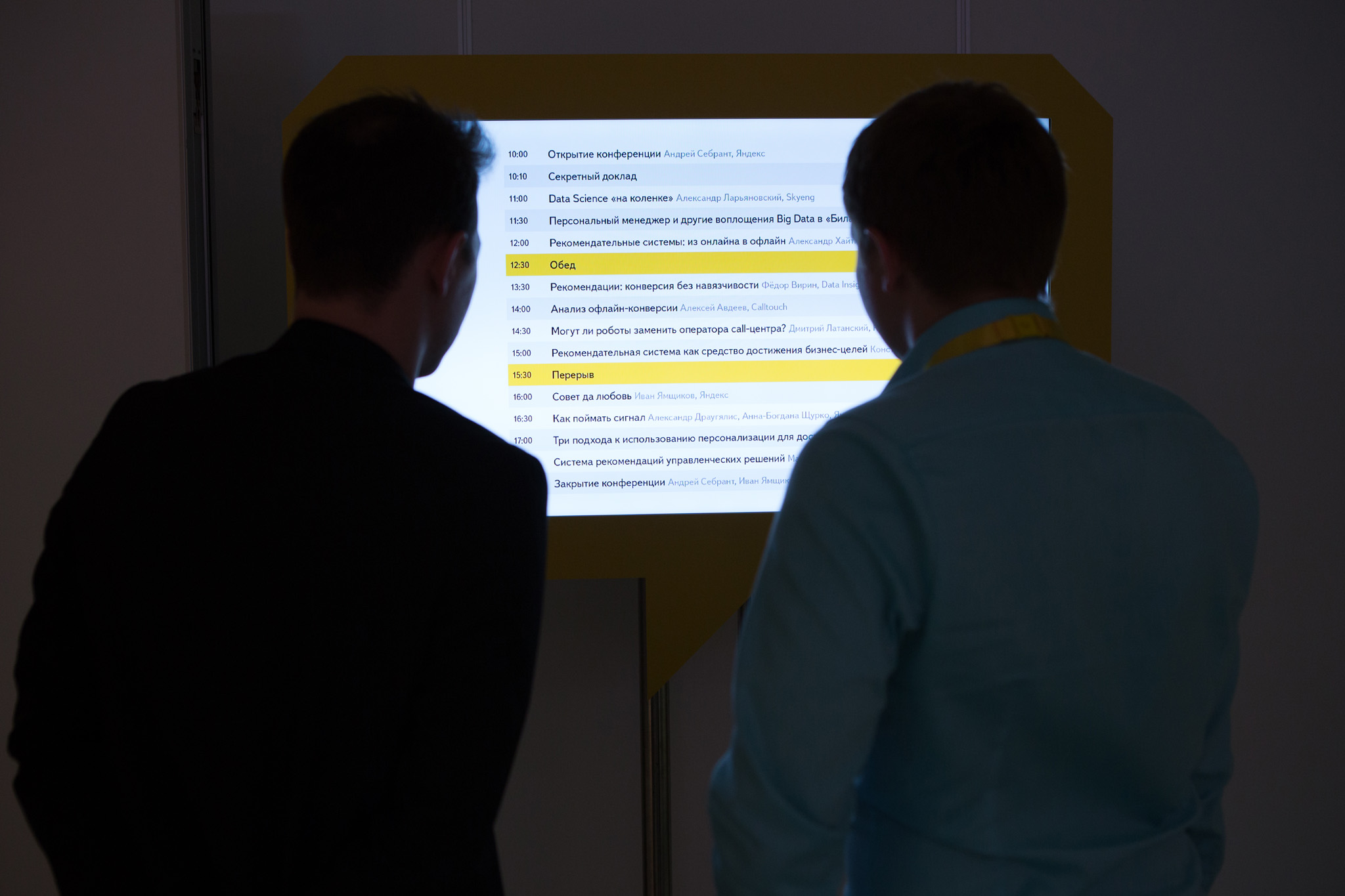
')
But what is the point of separating the role of a manager? Who is the product and who is the product? On the occasion of the new recruitment to our School of Managers , which will end on April 30, we asked this question to the managers of four popular services. At the same time, each of them shared a selection of links for a novice manager.
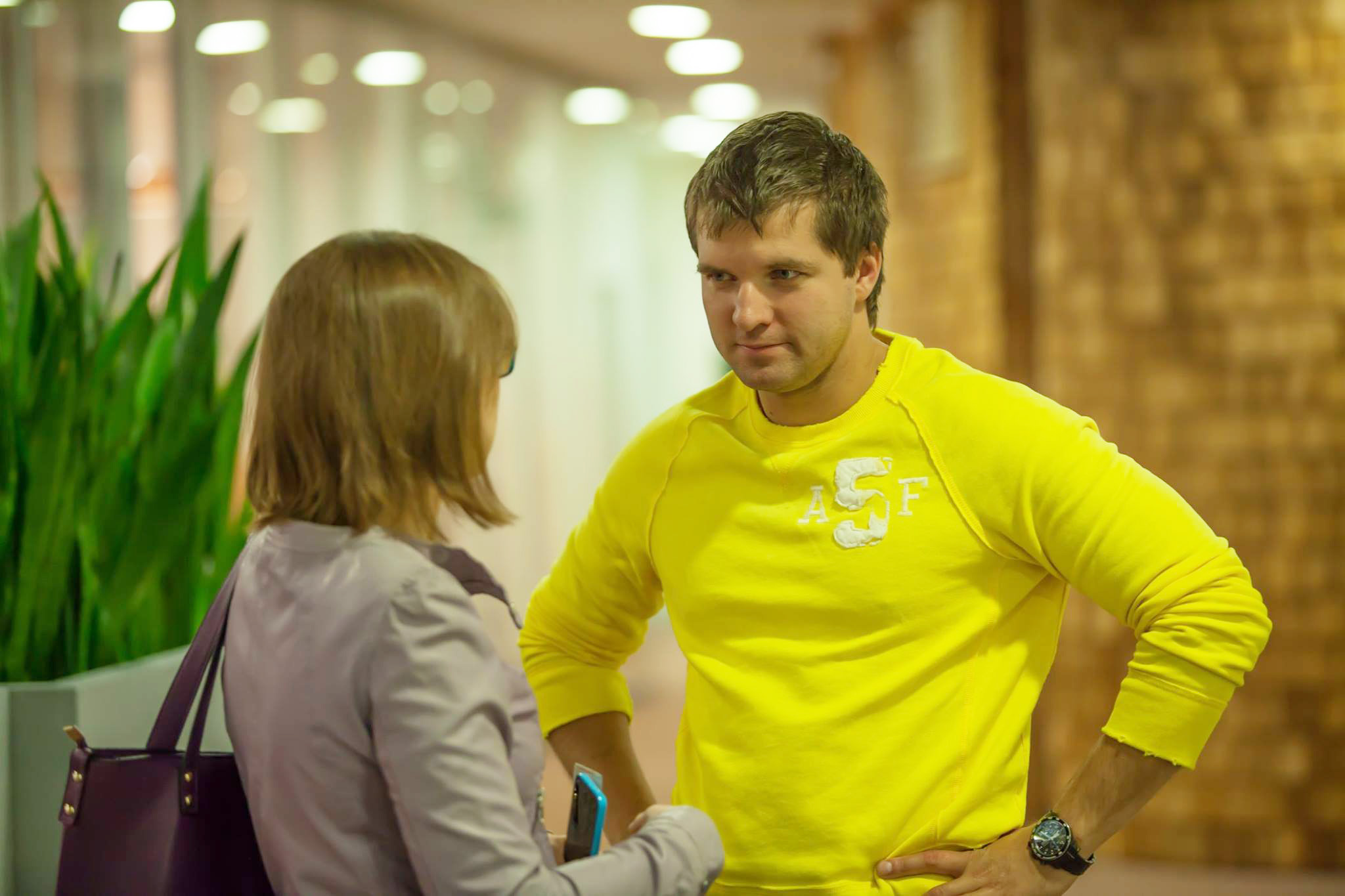
• PMBOK Guide
• Mythical man-month
• Waltzing with the Bears
• The Kamikaze Way
• How to feed cats
• Communicate with your child. How?
• The art of managing IT projects
• https://www.ozon.ru/context/detail/id/22433706/
Product Books
• Mental hospital in the hands of patients
• bridging the abyss
• Inspired: How To Create Products Customers Love
• Agile Product Management with Scrum
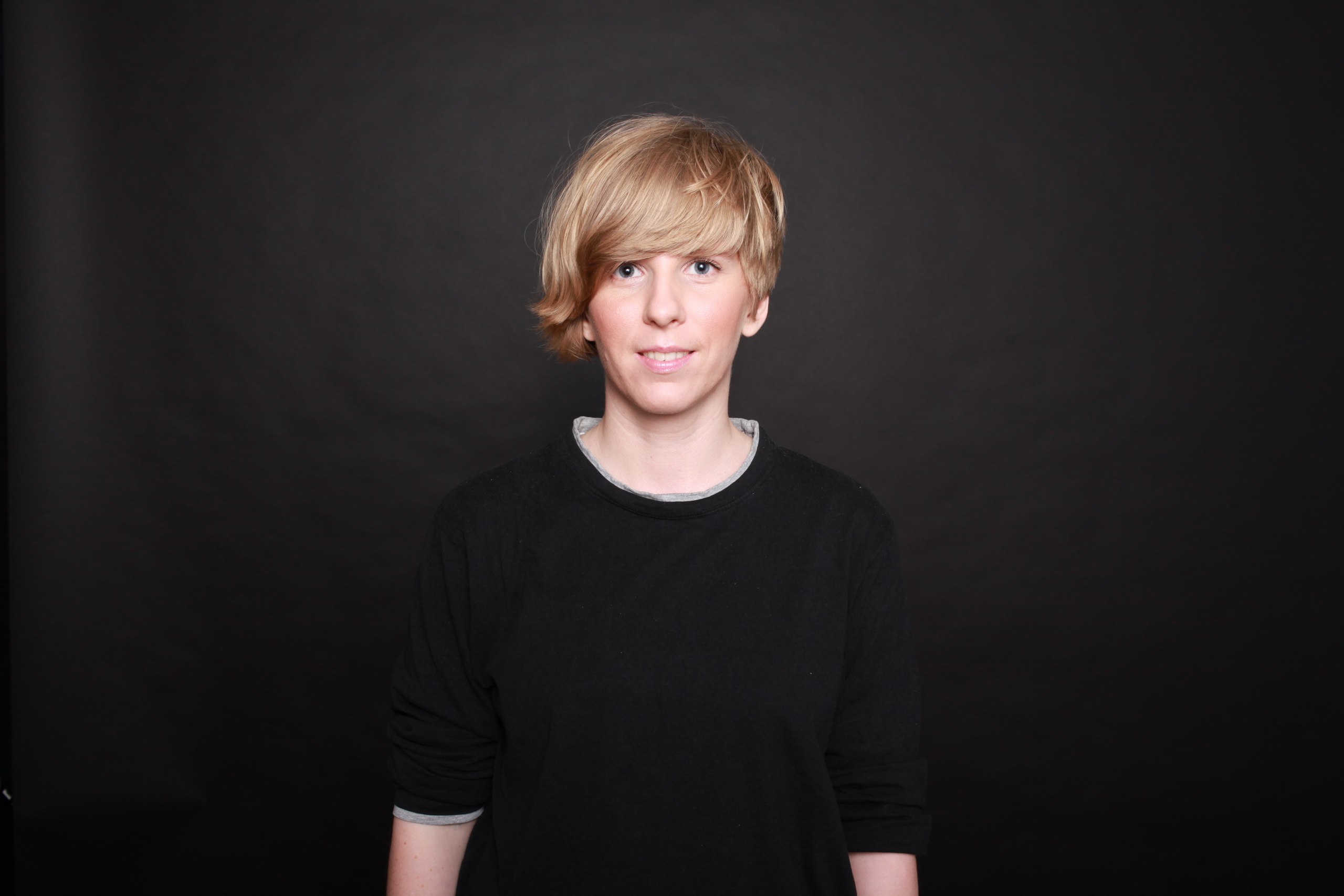
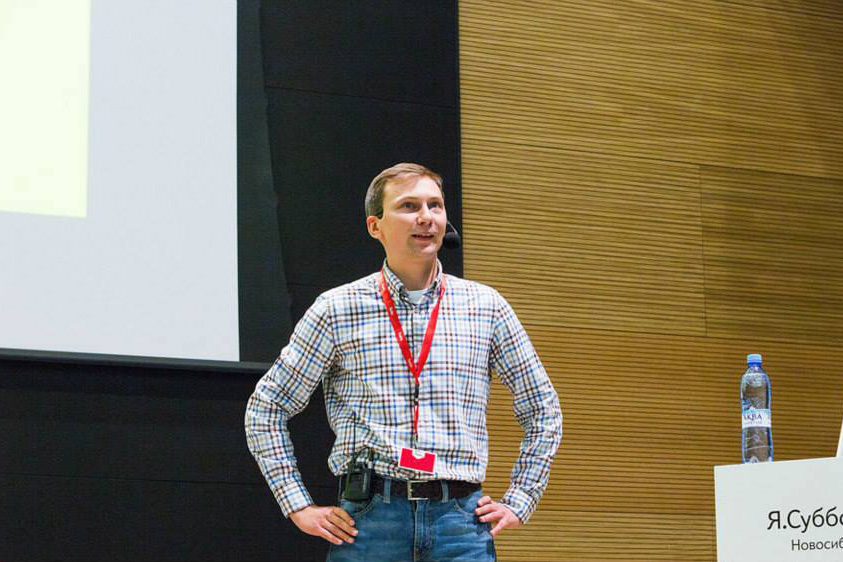
• “Go Practice!” Blog about product analytics
• Video of Ilya Krasinsky , Maxim Dorofeev , Ludwig Bystrokovsky , Alexey Ivanovsky
• Telegram channels, for example, this
• Video on TED - you can start with dozens of the most popular performances
• Examples of how to “onboard” user
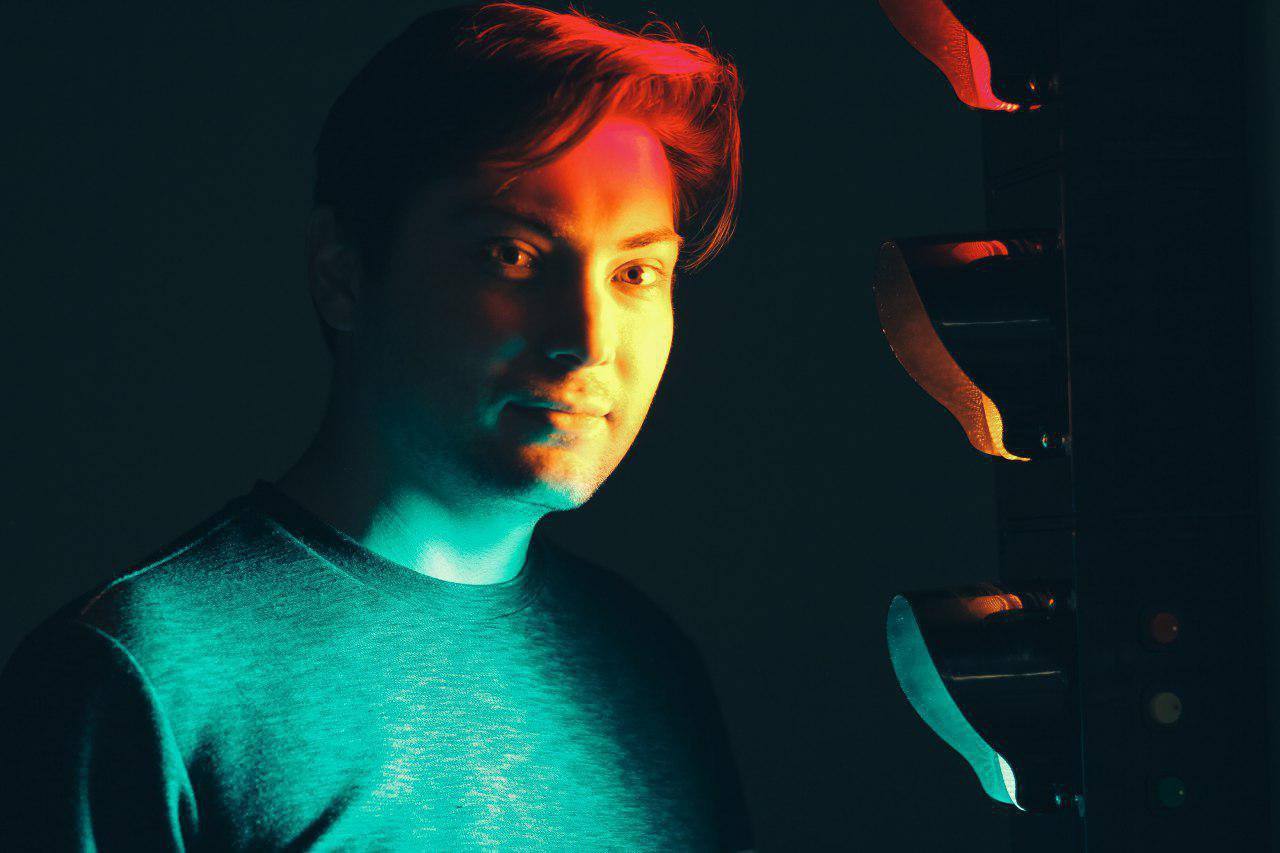
• Portal from IDEO , where different approaches to product research with step-by-step descriptions are collected
• A single PDF-material on design thinking from the same portal
• Reports at conferences Mind the Product: a complete list , the best for 2017 (you can watch videos from other product conferences)
• Closer to us ProductCamp: playlist , channel (look for other entries yourself)
• Older blog posts on “Go Practice!”
Therefore, if a small service needs just a manager, then the larger ones feature two roles: a product manager and a project manager. In the slang of technology companies, consisting entirely of Anglicisms, they say differently - product and project manager. It can be the same person - just as a developer can deal with front-end and backend at the same time.

')
But what is the point of separating the role of a manager? Who is the product and who is the product? On the occasion of the new recruitment to our School of Managers , which will end on April 30, we asked this question to the managers of four popular services. At the same time, each of them shared a selection of links for a novice manager.
Maxim Zagrebin, Yandex.Video Head

- We have no division into projects and products - partly because the teams are small. There is usually enough product skills to build a job, and if not, you can still quickly go to the baseline. A big plus is that there is no loss in communications. The product analyzes competitors, technologies and offers a product or a development that will appeal to users. He draws in his head how it should work. But someone has to turn the idea into a demand, a task. If there are two people in a bundle, they need to negotiate.Books for projects, which advises Maxim
Most often, the product has a planning horizon further - taking into account MVP, review, launches on new platforms. The project is more focused on the result, ruthlessly cuts skoup, understands the criteria and ensures that they are clear to everyone. He decides when there should be launches, what people are, freedom of maneuver, how much quality can be sacrificed. Usually on the project lies the organization of development processes.
More often, only one of the parties is pumped more strongly. I have to complete my education. We try to check all sides when we interview a person: does he know how to invent metrics, lead projects, is there a technical background? By the way, we have no strict requirements, should the manager code or not. The project can be done without writing a single line of code by the hands of the manager. The main thing is for the project to convey information between the developers, to say: “I understand what is happening here, to some extent of abstraction, but then it’s cool if you and I talk.” At the same time, technical skills — for example, the ability to find a code fragment in a CSV — are very helpful in project management. The manager can not vyprashivat, and climb into the code, read and understand. Or, for analytics, write a script reading the logs.
If the team cannot choose a solution, it is better to say: “I listened, the responsibility is on me, we do it like this. It will be bad - in the new cycle we will redo it. ” We are so endlessly appreciate. If the manager came from design, knows how to draw and prototype, this is no less a strong point.
And still the manager’s trait is the ability to get a result or recognize that we have gained useful experience, but not a result, we go further. People either have it or not. If not, it begins: “This is where the subcontractors let down, but here the idea was bad ...” Usually, this strongly distinguishes some from the others.
• PMBOK Guide
• Mythical man-month
• Waltzing with the Bears
• The Kamikaze Way
• How to feed cats
• Communicate with your child. How?
• The art of managing IT projects
• https://www.ozon.ru/context/detail/id/22433706/
Product Books
• Mental hospital in the hands of patients
• bridging the abyss
• Inspired: How To Create Products Customers Love
• Agile Product Management with Scrum
Elizaveta Semyanovskaya, Head of Yandex.Transport

- Product Manager is multifunctional. He has a part of marketing expertise - he knows how to analyze the market. Developers cannot do all 182 backlog items. It is necessary to formulate a strategy, understand how it relates to goals, make it coherent with the user's position and the wide market of competitors and at the same time meet the goals of the business.
Transport is now in a transitional stage - I want the analysts to deal with complex tasks, and the products themselves could log the logs. Products are able to impose - for example, they are able to make a landing page with a video in the background, fix some forms on it. Another product should be able to draw a prototype in Sketch, assemble it in Invision and test it on users.
I want to pump more technically myself and them, I installed Android Studio for myself, I want to try to change the icons in the Transport in an inconspicuous place - in the settings. I do not want the products to commit the code, but they have to see it and at least roughly understand how it works.
One of the Transport products has a lot of user interviews, and people have never refused to talk to her - on the street, in the subway, in a cafe. She has such a superpower. But not everyone out of the box works this way, such skills can be pumped.
In addition, there is always a product, very immersed in the context of a specific release of Transport. This is in case the project gets sick or goes on vacation.
It would be nice if the product had project skills. The project deals with processes in development, is responsible for ensuring that there are release requirements, that everything is on time, leads dashboards in the tracker , puts tasks, collects API from accessory companies, etc. It should be super-communicative, ready with all agree, understand that someone does not want to do something, be able to talk with him about it, follow the deadlines, be very responsible, self-moving, neat. And - do not die from the routine.
Andrei Gewak, Head of Yandex.Music and Yandex.Radio

- For me, the manager in the broad sense of the word is the one who takes full responsibility for a business. Here from the very beginning to the very end. As Arkady Volozh says, “start and finish.”Links from Andrey
But on such a difficult path, many questions arise - with the manager himself, the team, management, investors, users, etc.
The questions “Why?” And “What?” Are answered by the product. With regard to the product, these are the most important issues, especially the first one. The reason for the failure of many startups is not that some program could not be written or the design was not completed and closed. It's not even the lack of funding. The reason is simple: the product that the team did was simply not needed by anyone.
Still very often the product is the leader that leads. He constantly uses his product and products of competitors, knows along and across his subject and is aware of all the new products, and also sees - or thinks he sees - the situation for several years ahead. And he believes in his vision so much that others begin to believe him.
The questions “How?” And “When?” Are answered by the project - a person with a more technical bias that you are with the developers. He understands the details of the development at the top level, can translate into technical fantasies of the product and find a way to implement ideas that, it would seem, do not yet fit into the framework of current technologies. The project is sick for the deadlines, for the team, for the atmosphere in the team and for its morale. He knows when to be strong and when to step aside. And finally, the project is more pedantic and punctual.
Combine it in one person - you can. But a heavy internal dialogue begins, the rudiments of a split personality arise. You came up with something like “straight wow,” and then your inner voice tells you that the team is tired and will not meet the deadlines.
• “Go Practice!” Blog about product analytics
• Video of Ilya Krasinsky , Maxim Dorofeev , Ludwig Bystrokovsky , Alexey Ivanovsky
• Telegram channels, for example, this
• Video on TED - you can start with dozens of the most popular performances
• Examples of how to “onboard” user
Mikhail Vysokovsky, Head of Yandex.Navigator

- These are exactly two different roles. Whether they are combined in one person depends on the scale. The product answers the question of what to do and why, and the project how and when. Product is the ideologist of the product, it often changes the context, keeps in mind both the big picture and the details in order to understand how the product works in a specific scenario.Links from Michael
He has at least five areas of interest. The first area is research. He is good at testing a problem and making cheap prototypes. One of the prototypes of the Navigator was in the form of a piece of paper on a stick, on top of a telephone. It also happened that the Navigator is working, and on top of it, pictures, pointers are manually switched. You must be able to test ideas in humans, and the methods and tools are always different.
The second. Product does not live in space. It is important to monitor competitors. I believe that a product marketer and product are similar concepts. A separate role can only be a marketing communications manager, and all questions on classic marketing should be answered by product as well. The third is the understanding of metrics and analytics, not just at the level of DAU with MAU, but in the context of various indicators of service life and AB-experiments. The product is ready to plunge into the numbers, do the unloading, work with it. Fourth - roadmap. It is necessary to formulate that in such and such scenarios the product should work this way, paint the goal, target segments, positioning, metrics. The fifth role is that of a leader who inspires everyone, finds a common language with everyone: both within the team and with the stakeholders around.
No less cool if he has basic skills in marketing communications, design, development or analytics.
The goal of the project is to make the project as it is expected come together, and all participants and stakeholders around understand when this will happen. Scope, which ordered, conditionally, the product must be executed. It doesn't matter how you build project management: through Waterfall, Agile or otherwise. The main thing is to achieve the goal within the stipulated time frame and create uniform expectations for everyone.
• Portal from IDEO , where different approaches to product research with step-by-step descriptions are collected
• A single PDF-material on design thinking from the same portal
• Reports at conferences Mind the Product: a complete list , the best for 2017 (you can watch videos from other product conferences)
• Closer to us ProductCamp: playlist , channel (look for other entries yourself)
• Older blog posts on “Go Practice!”
Source: https://habr.com/ru/post/352098/
All Articles